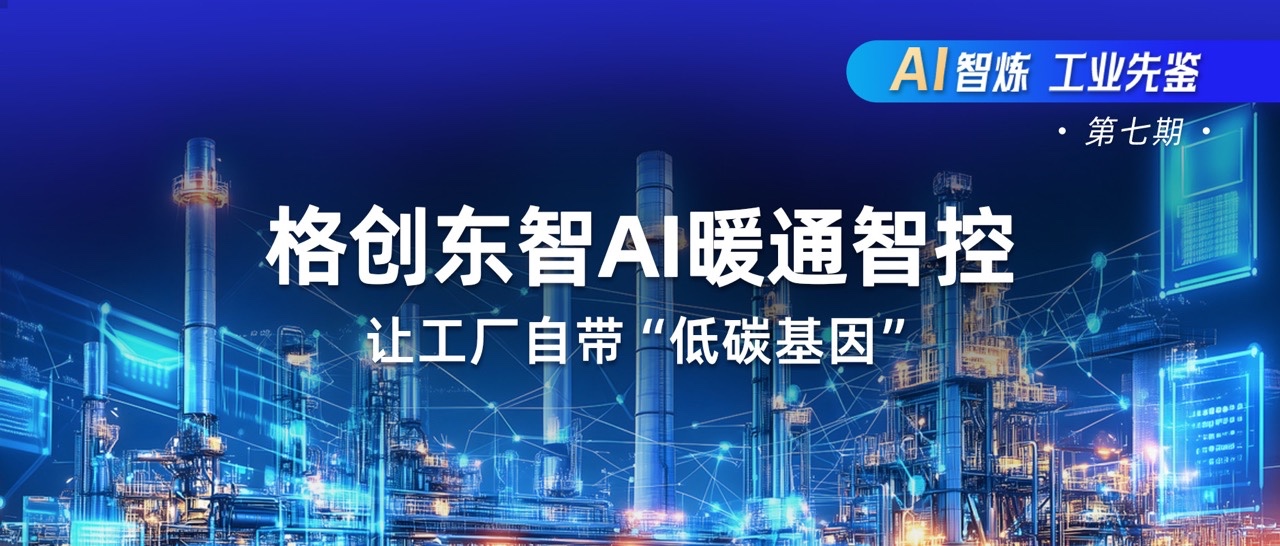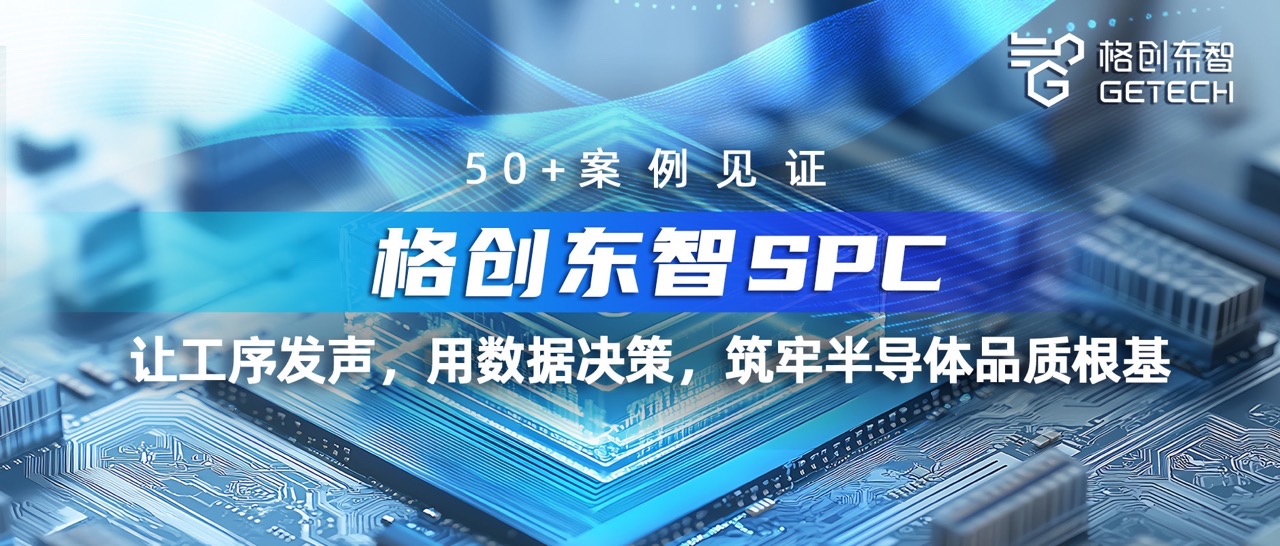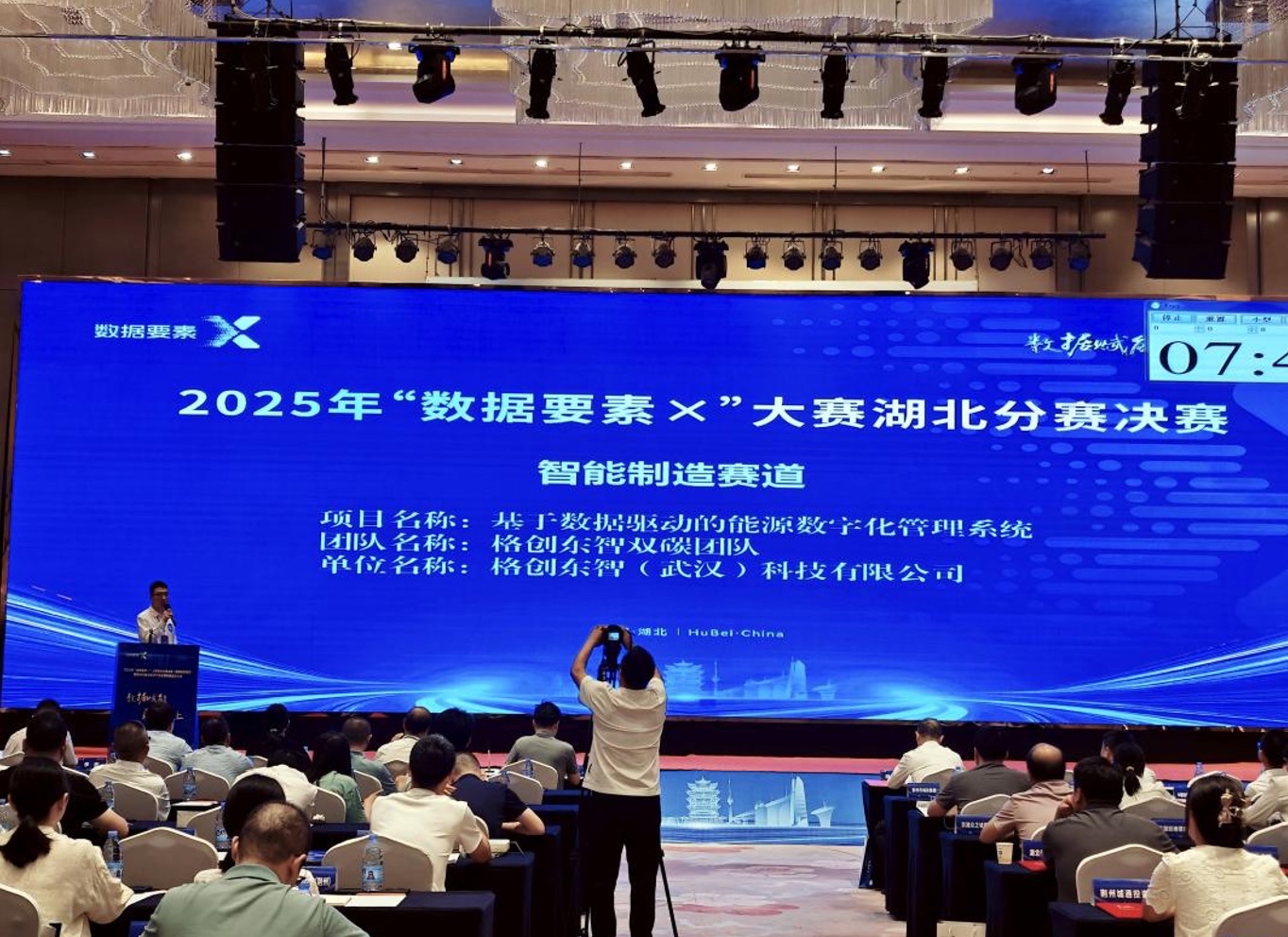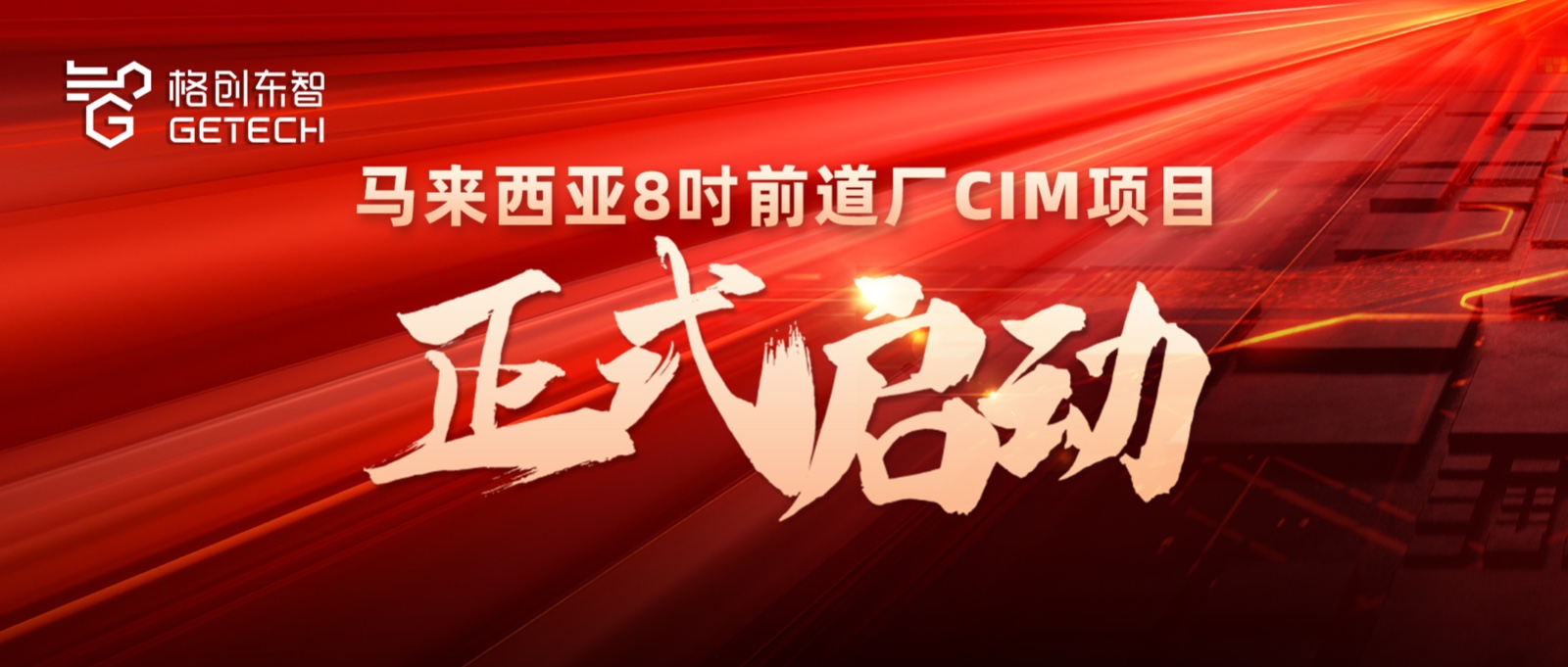Cognition and investment go further, domestic industrial software breaks through
21st Century Business Herald reporter Ni Yuqing reporting from Wuhan
"In the past two years, driven by national promotion and manufacturing demand, domestic industrial software has developed greatly, daring to break through in some bottleneck technologies." Recently, He Jun, Vice President of TCL Industries and CEO of GTRONTEC Technology Co., Ltd., discussed the current state of industrial software development at the TCL Global Ecosystem Partners Conference.
He further said: "For example, in DDL (language defining data schemas and structures in databases), simulation, and core semiconductor software, there were basically no domestic manufacturers three years ago, because these areas require huge investment and high technical difficulty."
In recent changes in the tech landscape, the importance and value of software are being seen by more people. Manufacturers are increasing investment in software R&D, especially paying more attention to foundational types like industrial software.
At the same time, the industry's understanding of industrial software has advanced further. He Jun told the 21st Century Business Herald that enterprises' solution capabilities and production understanding are improving. In the past, Chinese software companies thought industrial software was similar to ordinary business software, focusing more on development technology features but ignoring that industrial software also requires 'industrial knowledge'.
"If we don't have a deep understanding of production, processes, techniques, and equipment, we can't make good software, and it won't truly be efficient in factories. This is overlooked by investors and software practitioners. Top foreign industrial software companies basically have manufacturing backgrounds, and only after years of沉淀 in manufacturing industrial enterprises can good industrial software companies emerge," He Jun said.
On one hand, domestic industrial software is accelerating development. According to the IDC report 'IDC Market Forecast: China Core Industrial Software Market Forecast, 2022-2026', from 2021 to 2026, China's overall manufacturing software market size is expected to grow from 153.32 billion yuan to 336.14 billion yuan, with a CAGR of 17%; among them, the core industrial software market size will grow from 20.14 billion yuan to 51.56 billion yuan, with a CAGR of 20.7%.
On the other hand, there are still many challenges. He Jun said: "China's industrial software industry is still in a relatively early stage, with a large gap compared to foreign industrial software, especially in product areas with high technical barriers."
In his view, from the perspective of software service providers, there are basically no companies in China with annual software revenue exceeding 10 billion yuan, and those exceeding 2 billion are few. Currently, Chinese industrial software companies are small in size and scale, which means overall investment capacity is weak.
He also pointed out that there is still insufficient understanding of industrial experience. "Currently, many investors and the industry generally still believe that industrial software is about gathering a few software tech experts to start a business and build a factory from 0 to 1. I think this is a big misconception."
Industrial software is also a major pain point in the development of industrial internet. In recent years, industrial internet has seen many players emerge, and companies with manufacturing backgrounds are particularly noticed because industrial internet needs close integration with industry, and having manufacturing genes is a natural advantage. From foreign companies like Siemens to domestic ones like TCL GTRONTEC, Industrial富联, Midea, and Sany Heavy Industry, all have formed solutions based on existing industrial foundations and export intelligent manufacturing capabilities.
Among them, GTRONTEC is an industrial internet company strategically incubated by TCL five years ago, and it is also certified by the Ministry of Industry and Information Technology as a national 'Cross-industry Cross-domain Industrial Internet Platform' enterprise in 2022. Currently, GTRONTEC's business covers the entire产业链 of semiconductor materials, chip manufacturing, lithium battery materials, equipment, battery manufacturing, recycling, etc.
Currently, the semiconductor market is particularly attention-grabbing. Regarding this, He Jun analyzed: "The downturn cycle in the semiconductor industry is longer than imagined, but for GTRONTEC, it's not a risk but more of an opportunity. In the past few years, the semiconductor industry was in a phase of rapid and explosive growth, with focus on how to quickly build factories and increase capacity, while requirements for digital and system construction in factories were just to get the factory up quickly."
This means that the need to explore digital systems was not urgent before. "Therefore, generally, ideas were more conservative, using existing foreign equipment-bound suites, which is safest," He Jun said. "At the same time, it didn't give new companies opportunities to innovate or trial, but when semiconductors enter a downturn cycle, companies start to realize the need to innovate in intelligent technology to help business reduce costs and increase efficiency."
To resist周期低谷, manufacturing companies are paying more attention to soft upgrades in digital intelligence. "In the past year, when we communicated with many semiconductor company managements, we found they are increasingly concerned about this topic and more willing to innovate. This is an opportunity," He Jun said.
At the same time, it is worth noting that industrial internet companies like GTRONTEC are forming more partnerships with regional manufacturing hubs to create industry chain ecosystems. At the recent TCL Global Ecosystem Partners Conference (GPC2023), GTRONTEC's operational headquarters officially settled in Hubei.
He Jun introduced that previously, GTRONTEC has served over 500 manufacturing enterprises in Wuhan and Hubei, conducting in-depth intelligent manufacturing transformation. And it has built many benchmark projects together with leading enterprises in Wuhan, such as Goertek Infrared, FiberHome Technologies, TCL CSOT Wuhan Factory, and TCL Air Conditioner Wuhan Factory.
Future competition is ecological competition. From TCL's overall strategy, Li Dongsheng, founder and chairman of TCL, stated that by strengthening the creation of advanced manufacturing clusters, driving the development of upstream and downstream SMEs in the industry chain, leading the攻克 of key core technologies, and building digital supply chains, etc., they will gather industrial ecological力量 to promote their own and industry high-quality development.
(Author: Ni Yuqing Editor: Luo Yifan)





